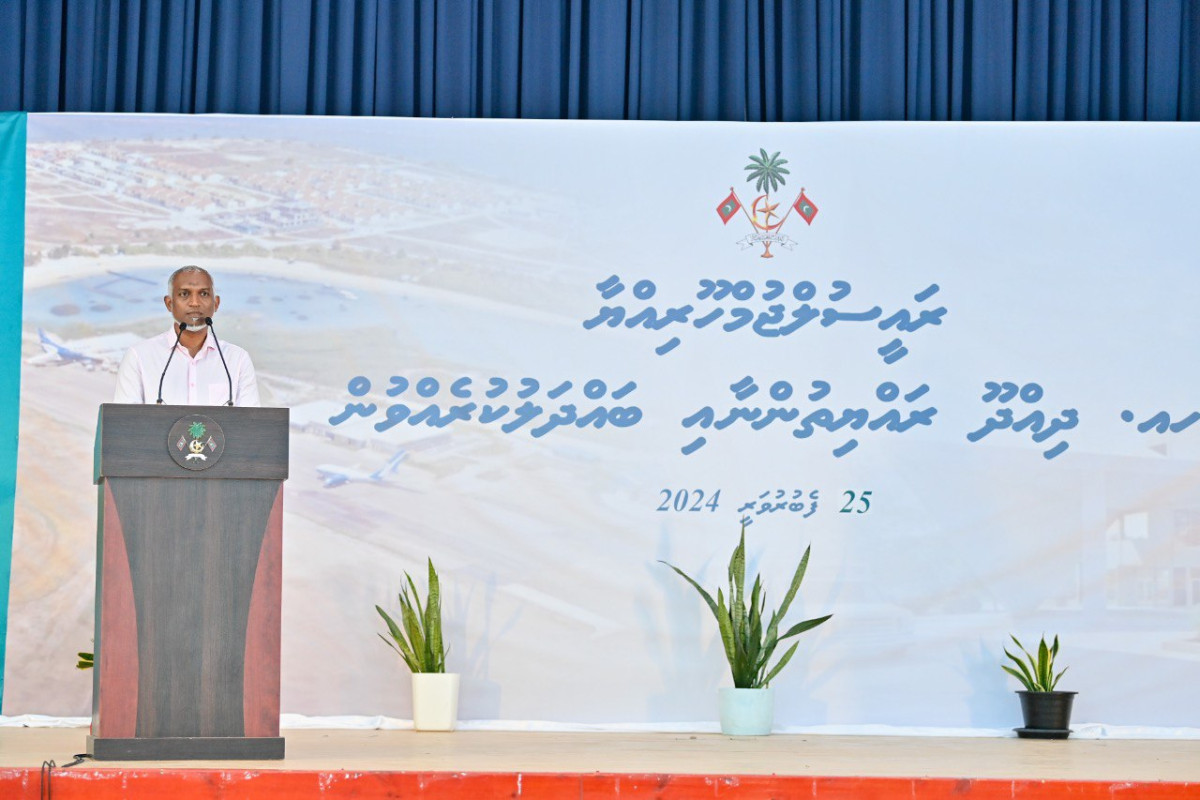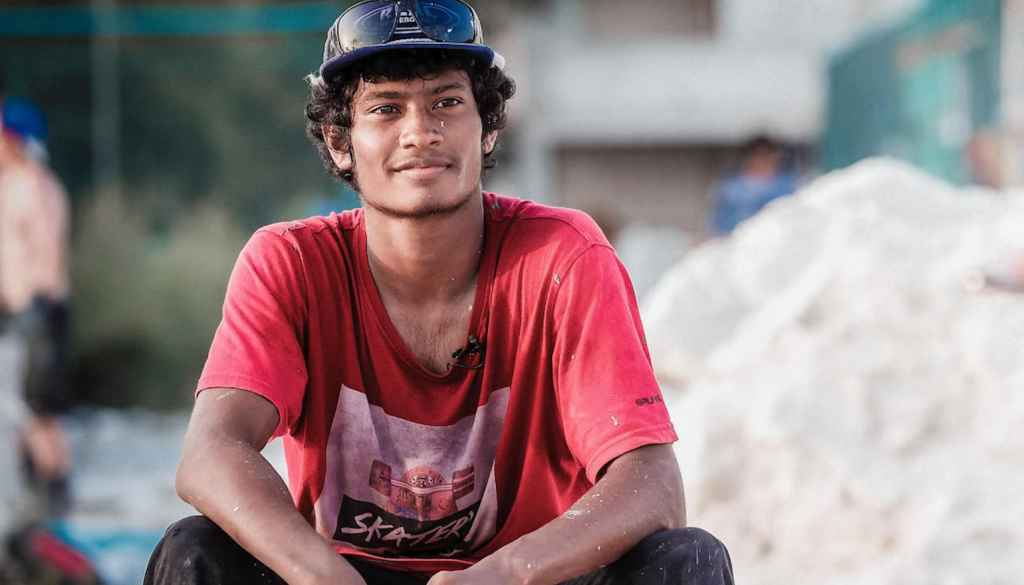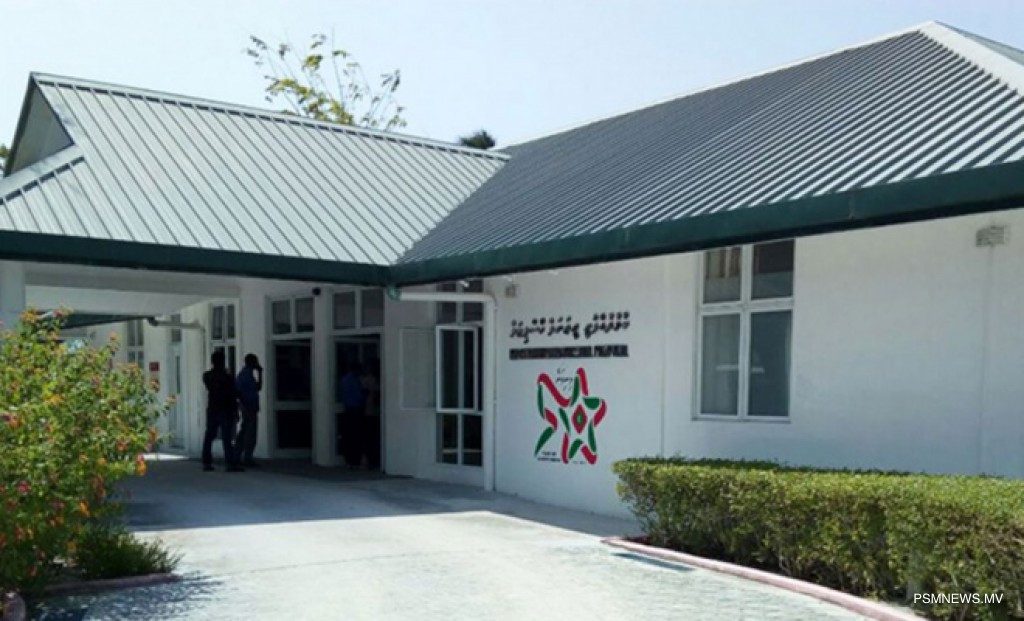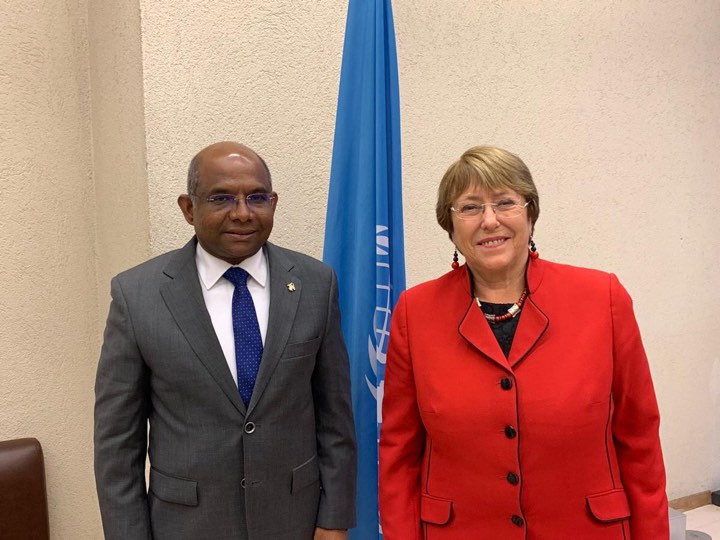Happiness in rural-urban migration: what might it show in Maldives?
46.5 percent of the Maldivian population lives in urban conditions
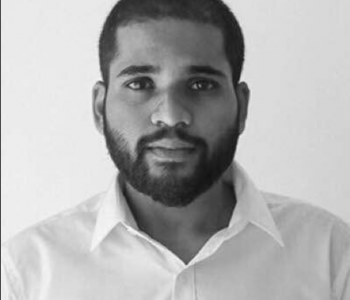

44 percent of the total Maldivian population had shifted their place of residence
United Nations Sustainable Development Solutions Network (SDSN) compiles its World Happiness Report every year and has been doing so since 2012. This year’s report – released in March – is set apart from the rest, in that it analyses the condition of international migrants and more notably, those who leave behind their native rural homes for urban cities and towns.
Now, Maldives is not in the list of 156 countries that the report covers. However, China is and the report notes a recent transformation from rural to urban living due to the nation’s economic expanse over the last few decades. In fact, the report has even dubbed this transformation as “the greatest mass migration in human history”.
Though not documented as well, Maldives has had a similar history. Our internal diaspora was a generational one. With the advent of luxury tourism and it leading way to a slew of tertiary services being made available, an entire age group relocated to capital city Malé along with their families.
Maldives is an exceptionally centralized nation. Not just politically. Most of said services are based in the capital city and the area surrounding it and while outlying islands have their regional schools and hospitals, there is a stark negative difference in the quality of services available.
The last time the Maldivian government conducted its consensus on migration was four years ago, in 2014. The results of this research show that 126,080 Maldivians stated their place of residence to be capital city Malé, while just 57,338 of them are registered as such.
The report also showed that about 44 percent of the total Maldivian population then had shifted their place of residence. The main reasons for internal migration in the Maldives, as stated in the report, are education, opportunities for employment, due to family migrations, and for long-term medical purposes.
Further, a survey conducted by the World Bank reveals that 46.54 percent of the Maldivian population lives in urban conditions. This figure was at about 30 percent in 2006. While part of this growth is due to natural growth of the population already residing in urban spaces, the total Maldivian population now 417,000 while it was 333,000 in 2006. With growth of the total population at this rate, the hike in number of people living in cities and towns – Maldives has just a handful – is largely due to internal migration.
As for China, the UNSDSN’s World Happiness Report for this year found an increase in happiness among migrants that left their rural homes for urban cities. Although, it does state that this may just be due to disassociation with rural lifestyles. The report also found that migrants from rural areas were less happy in cities than those that already resided there.
“It is unfortunate that there are not more studies of rural-urban migration in other countries - in Thailand one study finds an increase in happiness among migrants, while in South Africa one study finds a decrease” the World Happiness Report further says.
While the scale is incomparable – with Maldives having a population of just a few hundred thousand and China having a billion – the global trend is the same. If the happiness indicators were applied to the population in Maldives, would it find that internal migrants are happier? Due to increased opportunities and better living conditions. Or would there be a decrease in happiness? Due to the high cost of living and discrimination.

